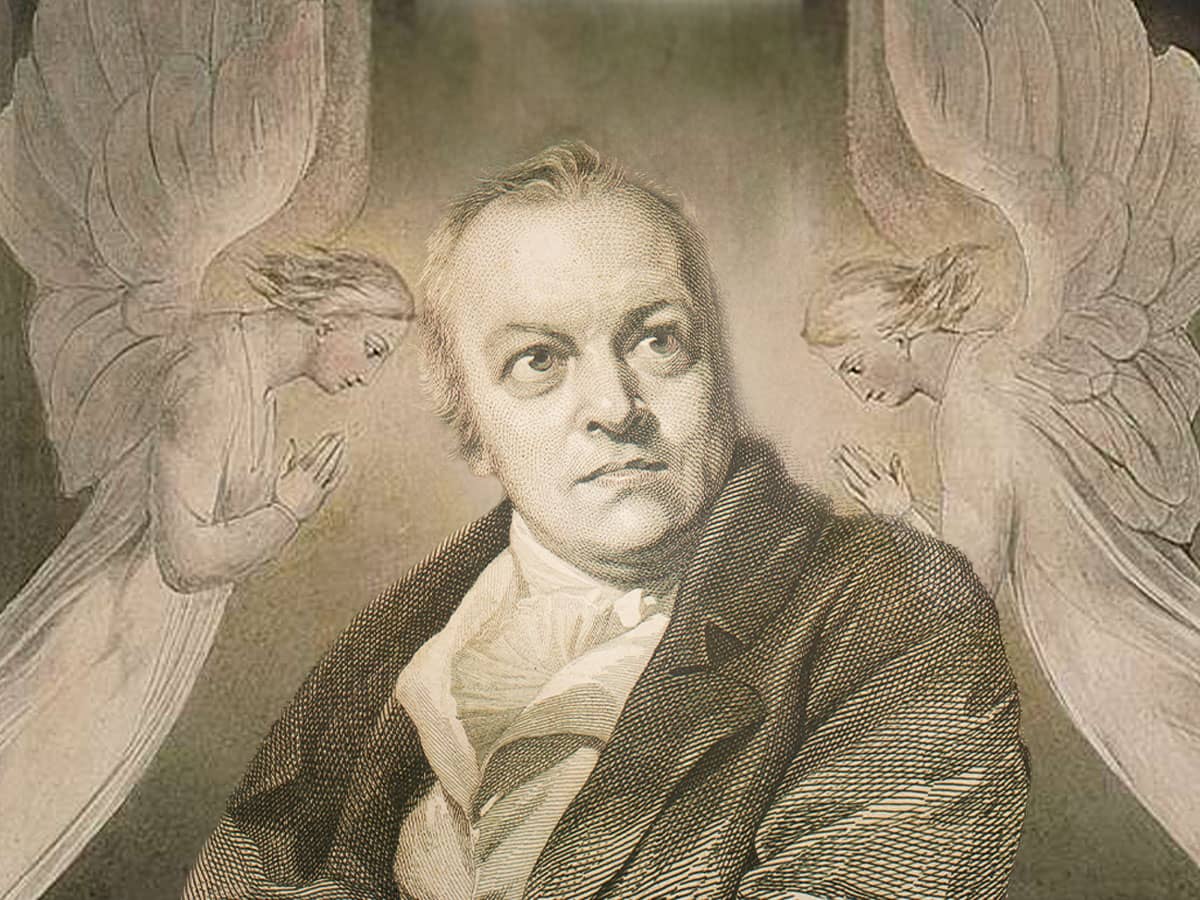
New Year’s is traditionally a time for counting one’s blessings.
I’ve never been very good at this. Not because I don’t enjoy a surplus of them, and not because I’m ungrateful for any of them either. But simply because being so blessed makes me…uncomfortable.
As a citizen of the richest country in the world, born in the latter half of the century that saw more medical, social and scientific advances than any other in history, I’m well aware of what an anomaly I am compared to the billions of people who have proceeded me on the planet--not to mention the billions who live today in poorer parts of the world. I’ve been educated, inoculated, fed, comforted, and just basically pampered so much more than the average human being that I practically qualify as a separate species--homo priviligius.
Shouldn’t knowing all this make me happy? Maybe. And to some degree it does. But it also instills another kind of feeling as well. Guilt? Not really. More like a feeling of…expectancy.
“You don’t know how lucky you are!” my mother used to like to say when, as a kid, I’d complain about some petty problem. Her voice rings in my ears today when, sitting on my comfortable couch in my well-lit, well-heated apartment, a book open in my lap and a cup of coffee on the table next to me and no immediate physical problems--be it a toothache, an empty stomach, a leaky roof, or the threat of attack by wild animals or Mongol hordes--to concern myself with, I’ll suddenly get that same now what? feeling that I got when I was a kid.
So what’s wrong with me?
Well, nothing really. As it turns out, this now what? feeling is pretty common among my fellow super-fortunate members of the modern world. In fact, it’s practically an epidemic. As the writer Walker Percy (taking a tip from Soren Kierkegaard) never tired of pointing out, modern life, for all its breakthroughs and its brilliances, has not managed to make people one whit happier than they were back in the days when life was a brutal daily struggle for existence. Why? Because the one ingredient necessary for genuine happiness--for being totally and completely satisfied with one’s existence right here and right now--is no more widely available today than it was back when most people were hungry or otherwise uncomfortable most of the time.
The poet Elizabeth Bishop captured a little of this feeling in her poem “Anaphora.”
Each day with so much ceremony
begins, with birds, with bells,
with whistles from a factory;
such white-gold skies our eyes
first open on, such brilliant walls
that for a moment we wonder
"Where is the music coming from, the energy?
The day was meant for what ineffable creature
we must have missed?"
Perfect wholeness.
The reason I--like so many other people today--can get so fidgety and miserable just at those moments when logic should suggest I be absolutely happy is because part of me recognizes that good as I may have it, I’m still a partial being: still a creature with a piece missing. It’s that missing piece which accounts not just for the fact that I can so often feel miserable when I’m supposed to be happy, but also for the fact that I can be totally, completely happy at just those moments when logic dictates I have no real reason to.
Here, too, I’m far from alone. Everyone, I suspect, knows those strange moments when--seemingly out of nowhere and for no good reason that we can identify--we feel completely and utterly happy. Sometimes these moments happen when we’re with a son or daughter or a spouse, but at other times they happen without any discernible cause at all. We’re simply going along in our day, sitting on a train perhaps, or waiting in line at a store, when--boom!--there it is: That feeling of being suddenly and inexplicably full where just a moment before we were empty. In a flash, we have reconnected with that larger, mostly absent part of ourselves that (call it what you want) our life is never truly meaningful without.
Whether they last for just a second or a minute or stretch out for longer periods, these moments are, for me, the ultimate thing to be grateful for: the real reason my life really is meaningful, and the reason why I’m grateful for having it.
None of which is to say that happiness and comfort have nothing to do with each other at all. Obviously they do, and no one should ever think for a moment that the starving and the wretched and the persecuted in the world have the same chances for happiness that the rest of us do. (In other words, my mother was right to wag her finger at me when I complained as a kid.) But all the same, the fact remains that genuine happiness is an irreducibly weird, irreducibly eccentric entity: a wind that blows where it will, and not where we would have it.
And that is a blessing I can feel grateful for every day of the year.

